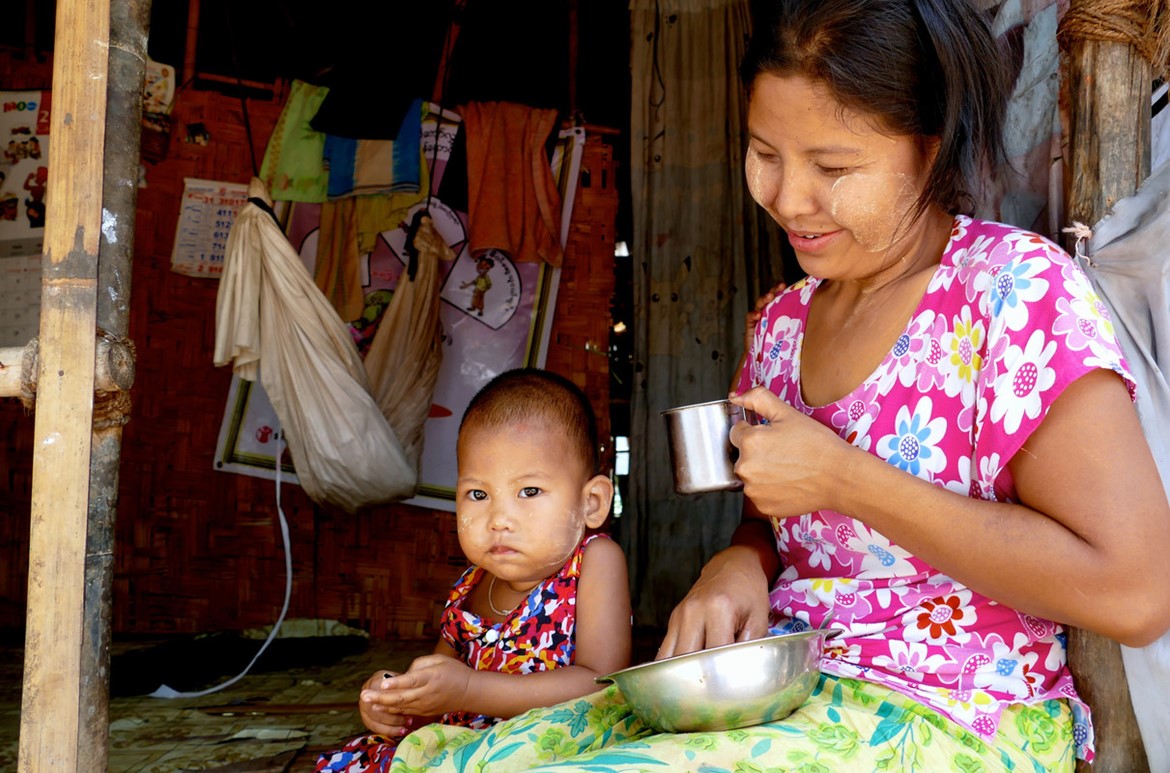
Nourishing gender equality

As the world brings their attention to advancing women’s rights with the Generation Equality Forum this week in Paris, let’s remember how vital a tool good nutrition is in achieving women’s and girls’ empowerment.
Women are 50% more likely to suffer from malnutrition than men and boys. Around the world, malnutrition affects over 1 billion women and the growing number of people experiencing food and nutrition insecurity due to the impacts of COVID-19 is likely to exacerbate the already large gender gap in rates of malnutrition.
By addressing malnutrition in women and girls, we can get closer to achieving women’s empowerment. The momentum around the Generation Equality Forum provides an opportunity to highlight the power of good nutrition in the gender equality agenda, especially as it relates to setting up the next generation to thrive. Healthy children start with healthy mothers, and we know that women deserve good health and nutrition because it is every person’s human right to safe, affordable, and nutritious foods.
Malnutrition in the first 1,000 days, even for a short time, can have devastating lifelong physical and cognitive effects but good nutrition can protect girls even before they are born. Well-nourished infants and toddlers catch fewer and less serious cases of diarrhea, malaria, pneumonia, and a host of other diseases. As they grow, they are less vulnerable to obesity and non-communicable diseases such as diabetes. Good nutrition is also key to healthy pregnancies and reproductive health. Women who are well nourished during pregnancy are far less likely to join the 810 women who die from preventable causes related to pregnancy and childbirth every day, and more likely to give birth to children who will thrive.
Too often women are the last to eat in the household, and too often girls go without food before boys. Now more than ever, scaled-up nutrition interventions that target women and girls are critical to making concrete and long-lasting improvements to the status of women around the world.
Photo: FHI Solutions/Giacomo Pirozzi


